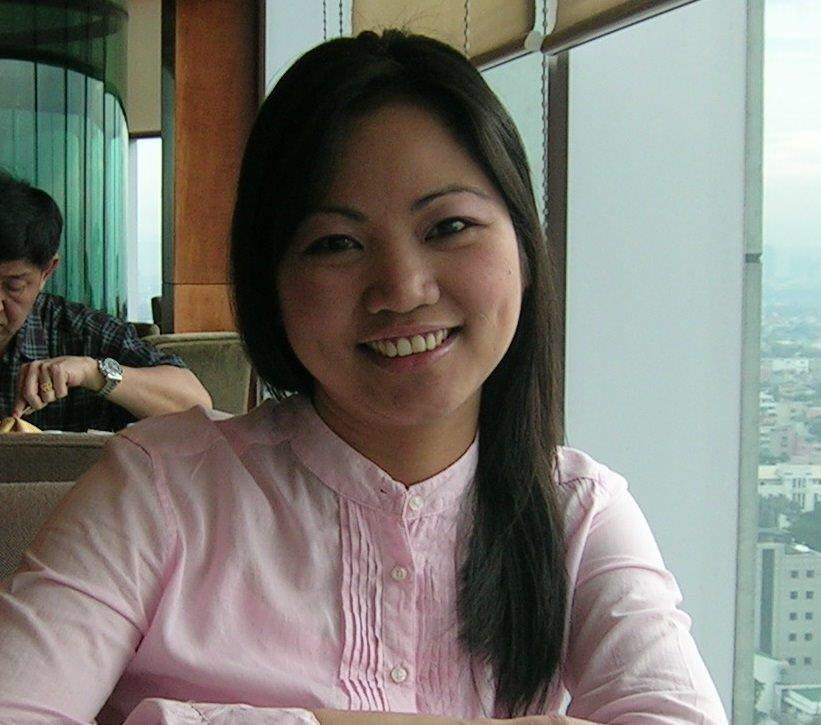DUBAI: The UAE has become a favorite destination among expats from across the world, which in effect, has caused a huge labor supply and compelled Filipinos to start stocking up on skills to stay abreast of the demand.
The UAE, over the years, has morphed from an economy running on a thriving pearl and fishing industries into one with international megalopolises that never sleep, pulsating with its state-of-the-art infrastructure, tolerance, as well as relatively uncomplicated labor and immigration policies.
Because of this, the expat community – now composed of over 200 nationalities from across the world – has grown from a few hundreds some 20 years ago to what the International Labor Organization (ILO) has recently estimated to be some eight million, or about 80 percent of the UAE’s population.
Filipinos have been among the pioneering expats to arrive in the UAE, with hundreds having been around since some 40 years ago, when salary offers were high compared to the cost of living.
Officials and old-timer overseas Filipino workers (OFWs) said such was the case back then because UAE needed to attract much-needed skilled foreign labor in the face of the widely accepted notion that the country was a challenging place to work in considering its desert and weather.
Lately however, there has been an influx of more foreign workers attracted to Dubai’s and Abu Dhabi’s transformation. And this, analysts said, has been causing a strain on the salary scales.
Bloomberg, citing Standard & Poor’s, said in a recent report that Dubai’s income levels, which is measured by gross domestic product per capita, have fallen to Dh135,882 ($37,000) from a peak of Dh165,262 ($45,000) in 2013. This, the report said, “(because) population growth has outpaced economic expansion in recent years.”
The Filipino Times reached out to OFWs, who have been working in the UAE since back in the day when Sheikh Zayed Road had but a handful of buildings, and this is what they say:
Labor supply
“When people come to UAE on a visit visa hoping or even expecting to find a job they never consider the fact that many thousands of others are doing the same thing. They focus on their demand for jobs never considering the supply side of the equation,” said Cristina Calaguian, managing director at and founder of Dagaz HR Consultancy and Recruitment Company.


Decades ago, Dubai needed to attract employees by offering high salary as the city was not so popular yet back then, said 43-year-old Andrea Lorenzo, a high school teacher, who arrived in the city some 18 years ago.
She added, “Back in the Philippines, when I told people that I got a job in Dubai, everybody would asked ‘Where is that?’ And when I answered, “In the Middle East,” Saudi Arabia would cross their minds. And, mentioning Middle East, people were aware that it is a desert and very humid.”
“Now that Dubai has made its huge mark on the globe and a name of its own, a lot of people aspire to land a job in city,” Lorenzo said.


“Because of this, Dubai has built a wide pool of labor supply. Filipinos used to be the favorite applicants to hire by most companies in Dubai. However, over the years, business needs have evolved. Targeted market groups of different business sectors have changed. Competition between and among different nationalities have become more intense,” she stressed.
Salary
Multi-awarded Engr. Mary Jane Alvero Al Mahdi, Prime Group CEO, who arrived in 1992 and counts Downtown Burj Dubai among her accomplished works, said that indeed salaries were very rewarding then.
“I was a chemical engineer when I was hired as quality control supervisor at a company at the Jebel Ali Free Zone. After seven months I resigned from the factory and found a job as a junior chemist. My salary was upgraded to Dh3500. That year, 1992, the conversion rate of the dollar to the peso was Php P25.00,” she narrated.


“My entry level was Dh3,000. That was in 2000,” for his part, said Engr. Jessie L. Cruz.
“At the time, my salary was already considered high. Madami na akong nabibiling items para ma-ipon at ipadala sa aking family sa Pilipinas,” he added. (My salary could afford me to buy a lot of items to stock up on and send to my family in the Philippines.. Yes, it is true, the salary was a bit high for qualified employees.)
“High salary offers were aimed at attracting talents,” said Albert Alba, digital marketing and communications manager, who arrived in Jan. 2004..
Haggling it
Salaries are going down because there is an “increasing supply of visit visa and unemployed residents who lost their jobs, and a reducing supply of open positions caused by existing establishments that are closing down,” said Calaguian.
Another factor bringing down salary levels is the willingness of job applicants to take low offers out of desperation, said the OFWs interviewed.
“Hindi lang naman kasi mga Pinoys and nagdagsaan kundi ibang lahi din and these other nationalities are actually asking less salaries, which started the downtrend,” said Cruz.


Added Calaguian, “The people who come in fresh are not always aware of the cost of living. And they always assumed that if they accept a job at a low starting salary they can easily jump to a better position later. This means that the current residents who are looking for a job are competing with people who are accepting lower salaries. Some companies appear to be terminating long term employees and replacing them with new hires on lower basic salary and with lesser end of service liabilities.
Jay-mar Ismael, business development and recruitment manager who has been in the UAE for the past nine years, echoed this saying: “Newcomers are willing to accept lower pay compared to those who are experienced professionals which is a concern for the latter.”
Jennifer Miranda, who has been into sales and marketing since 2004, echoed similar thoughts, saying: “They are hopeless about getting a better job so they are taking chances,” she said.
Level up!
Faced with these challenges, OFWs have no recourse but to equip themselves accordingly, officials said.
“Over the years, business needs have evolved,” said Lorenzo. “Targeted market groups of different business sectors have changed. Competition between and among different nationalities have become more intense. We, as Filipinos, must realize that to survive in this hyper-competitive environment, we need to upgrade our skills, knowledge and competencies,” she said.
Lorenzo added: “We have to master the art of multi-tasking.”
Adding a different perspective is Jerlyn Gomez, who has been in the UAE for 12 years and works as a cabin crew at a major airline: “Nauuso na rin outsourcing kaya leveled na ang playing field sa workforce. Ang laban ay mas magaling, mas bata, mas mura sweldo,” she said. (Outsourcing is becoming the order of the day. The playing field has been leveled: more productive, younger, low pay.)
“Dapat we should make sure yung skills natin ay may demand sa market,” Gomez added. (We should ensure that our skills have a demand in the market. (With Joanne Rico)





